Talk
Your Turn to TALK
Your new adult providers look forward to talking to you, face to face.
You can expect or ask to be alone when you see your doctor or nurse, for at least part of the visit. However, if you want your parents or someone else to be with you in the room, you can certainly ask for that.
It’s pretty common for young people to say they have problems talking with their doctors on their own at first. It can be hard and sometimes even scary. The next part will give you some tips for making it easier.
The Three-Sentence Summary
The idea of a three-sentence summary was created by SickKids Hospital in Toronto. We like this idea and suggest that you come up with (and practice!) a three-sentence summary for when you see your doctor:
- Your age, diagnosis, and a brief summary of your medical history (as you understand it)
- Your treatment plan (eg, medications) in your own words
- Your question for the medical team
Be GLADD!
The GLADD plan was created by a psychologist, Dr. John Reiss, who helps youth with chronic health conditions. Below, we’ve also added some points of our own. GLADD is a list of tips to help you communicate with your doctors and nurses.
Give Info
- Talk about your medical history and current medications.
- Tell your doctor or nurse about any heart symptoms.
- Answer questions honestly.
- Tell your team what works best for you.
Listen to the suggestions
- Your team knows a lot about adults with CHD.
- If something doesn’t make sense to you, speak up!
Ask questions:
- Bring your list of questions….and show your provider!
- Ask your most important questions first (even if they seem personal or embarrassing).
- If you don’t understand something, ask again.
- If you want to ask the provider in private without friends or family in the room, just ask.
- There are no silly questions. Get all the info you need.
- Don’t forget to write down the answers. You could even ask a friend or family member to be your secretary and take notes.
Decide on a plan:
- Choose a plan that is good for your health and works best for your lifestyle (school, work and family).
- It’s important that you leave the visit having a clear idea of what comes next including how long until the next time you should have a visit and also what the more distant future might hold.
Do it
- Take your medications and attend your clinic visits.
- Let you medical team know if anything changes.
- Take charge of your health!
This program was developed by:



